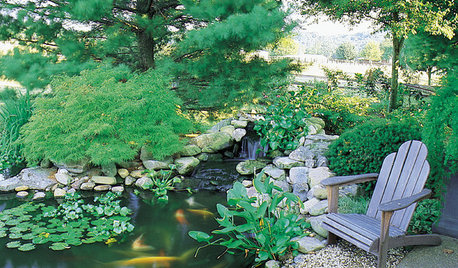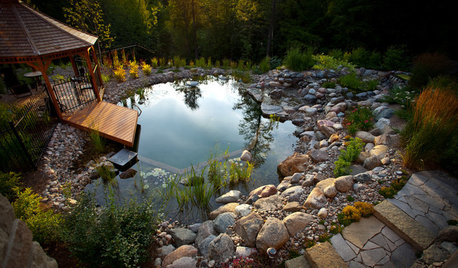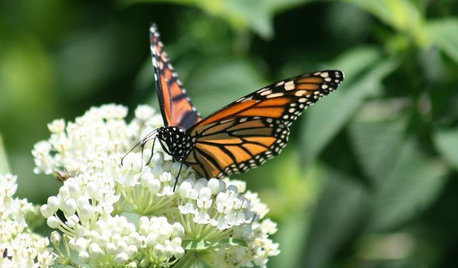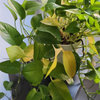Too many tadpoles
lzydogrnch
16 years ago
Featured Answer
Sort by:Oldest
Comments (13)
catherinet
16 years agodebd18
16 years agoRelated Professionals
Benbrook Landscape Architects & Landscape Designers · Saint Louis Park Landscape Architects & Landscape Designers · Alexandria Landscape Contractors · Avocado Heights Landscape Contractors · Bowie Landscape Contractors · Coeur d'Alene Landscape Contractors · Fort Mill Landscape Contractors · Fountain Valley Landscape Contractors · Fruit Heights Landscape Contractors · Gallatin Landscape Contractors · Gloucester Landscape Contractors · Lake Zurich Landscape Contractors · Petaluma Landscape Contractors · Waldorf Landscape Contractors · Maple Heights Landscape Contractorscomettose
16 years agopikecoe
16 years agomissa7
16 years agojohnkr
16 years agonkm56
16 years agocomettose
16 years agodougmach
15 years agotxgdnr
15 years agobuyorsell888
15 years agoangeloarcenas_yahoo_com
12 years ago
Related Stories

LIFEDo You Live in Your Childhood House?
Tell us about the home you grew up in — whether you live there now or not — and share your pictures!
Full Story
LANDSCAPE DESIGNKoi Find Friendly Shores in Any Garden Style
A pond full of colorful koi can be a delightful addition to just about any landscape or garden
Full Story
LANDSCAPE DESIGNNatural Swimming Pools: More Beauty, No Chemicals
Keep your skin and the environment healthy with a pool that cleans itself, naturally
Full Story
GARDENING GUIDES13 Risks to Take for True Garden Rewards
Go ahead, be a rebel. Breaking rules in the garden can lead to more happiness, creativity and connection with the earth
Full Story
HOUZZ TOURSHouzz Tour: A Creekside Cabin Opens to the Views
With a modern addition featuring expansive windows, a rustic 1930s cabin opens its arms wider to its Northern California woodland setting
Full Story
DECORATING GUIDESPattern Focus: The Power of Paisley
Rockin’ it for nearly 2 millennia, paisley is keeping up with the ages
Full Story
EDIBLE GARDENSLessons From an Edible Garden on a City Roof
Reincarnation of New York City rooftop pool proves edible landscaping is possible just about anywhere
Full Story
GARDENING GUIDES7 Ecofriendly Gardening Ideas That Also Cut Chore Time
Spend less time weeding, less money watering and more moments just sitting back and enjoying your healthy garden
Full Story
LANDSCAPE DESIGN7 Low-Maintenance Lawn Alternatives
Turf isn't the only ground cover in town. Get a lush no-grass lawn with clover, moss and other easy-care plants
Full Story
GREENHOUSESA Greenhouse Rises From Texas Tornado Wreckage
Barn damage became a blessing in disguise for a thrifty, creative couple with a hankering for more greenery
Full Story







catherinet